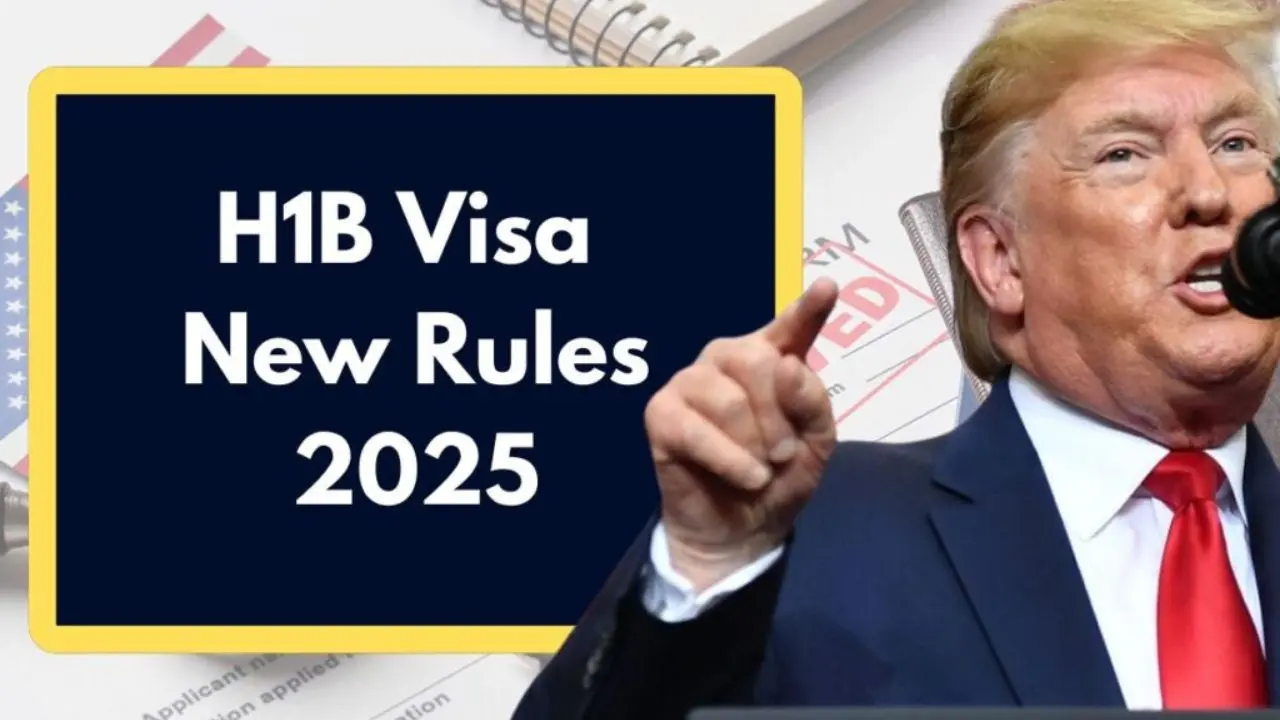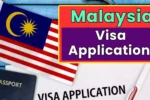The H-1B visa program allows American employers to hire foreign workers in specialty occupations. Significant changes to this program will be observed this year. New rules have been formulated by the U.S. government to improve the transparency, fairness, and efficiency of the program. Here are the five major changes that one must know about:
1. Modified Lottery System
One of the most amazing changes introduced is the modification of the lottery system, which distributes H-1B visas. The new system gives preference to applicants holding advanced degrees from American universities against the consideration of higher wages. The change is designed to attract top talent to the United States while decreasing abuse of the program for low-wage labor.
2. Increased Oversight of Employers
With a view towards preventing the misuse of the H-1B program, the DOL and USCIS would take on greater oversight of employers. Audits would become more frequent, and penalties for things such as wage underpayment and misrepresentation of job roles would be harsher.
3. Revised Wage Requirements
New wage level requirements will be instituted so that H-1B workers would receive fair compensation and so that employers would not use the program to hire cheaper labor. The new wage level will be closer to the actual labor market situations of the local labor conditions and the qualifications of the workers.
4. Restrictions on Third-Party Worksites
Increased restrictions regarding venues will apply to employers placing H-1B workers at third-party workplaces. They will require considerably additional documentation to satisfy the need of sending workers to those sites and to establish that the occupation qualifies as a specialty one.
5. Digital Transformation of Application Process
Plans for future digitization, as well as streamlining of H-1B applications to increase efficiency and transparency, have been announced by USCIS. This improvement on the online portal will allow the employer and other applicants to track their operation. Such a measure is part of a larger effort that the government has undertaken to modernize immigration services.
Impact of the Changes
The proponents hope that such changes will make H-1B more fair and equitable between employers and highly talented minds. This amendment is added complexity and cost increases for firms employing foreigners, according to some opponents. Job seekers will now have to prepare for a more competitive application process as the rules will start shifting toward a focus on higher qualifications and wages.
Preparing for the New Rules
An employer or aspiring H-1B applicant should prepare and keep updated on these changes to make sure he does not get left behind. Employers ought to engage immigration experts for compliance, while aspirants focus on improving their academic qualifications and understanding new requirements.
The reforms that are yet going to be announced are about to become an important historical point in the life of the H-1B program, bringing it into direct alignment with the early and idealistic vision of attracting the best of the world’s talent into the United States.



